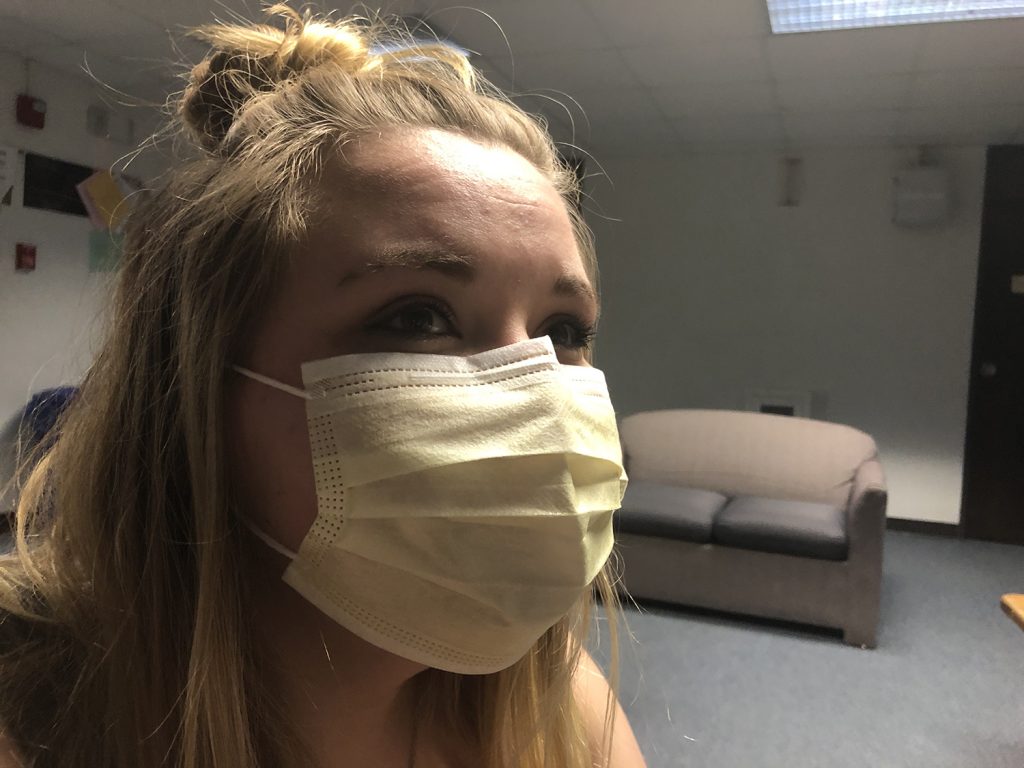Influenza Pricks the Midwest

By Diana Humble
Falling temperatures and rising snowdrifts are nothing to sneeze at, but this year the Midwest faces a greater threat: influenza.
Mary Mathiasen, Waldorf University’s Health Service Director, has never seen anything like it in her 20 years on campus. “We have had some people over the years who have had (influenza),” she said, “but we have never had a huge outbreak with it.”
This year Waldorf has had a surge in influenza diagnoses, but not necessarily in the population one would expect.
Dr. Paul Bartelt has been teaching biology at Waldorf for 39 years, and has never gotten influenza prior to this year. He has a 3-year-old granddaughter, so Dr. Bartelt got the flu vaccine for only the second time to help build herd immunity around her. He received the high-dose influenza vaccine formulated for people ages 65 and over.
“It was about a week later, and I started feeling just kind of ugly,” Dr. Bartelt said. “I was ill for about, I suppose, three weeks afterward.”
Medical laboratory scientist, T. Malin, says the entire Midwest has seen an influenza uptick.
“The biggest thing with the flu vaccine is really, they have to produce it before the season hits,” Malin said. “They have to start it months and months in advance to start all the mass production.”
Each year, the Center for Disease Control (CDC) is tasked with predicting what combination of H and N subunits will comprise the year’s dominant virus. If an exact match is not predicted, some people that get vaccinated will be infected with influenza.
Malin said her entire family ended up getting the flu this year. “Even though we have all been vaccinated, and have been vaccinated every year. This is the first time I have had the flu since I was a kid myself.”
Why bother with the flu vaccine? Mayo Clinic Infectious Disease Specialist, Priya Sampathkumar, M.D., says an estimated one in 20 people contract influenza every year.
“The vaccine does work very well at protecting you from dying from the flu; it does not always protect you from influenza,” Dr. Sampathkumar said.
“The flu kills, and the flu vaccine definitely helps,” Malin said. “They say the more years you get the flu vaccine, the more likely you are that even if you do not get a direct (H and N subunit) match, you will have some protection.”
Influenza vaccinations are fully covered by all health insurances, and are available in most pharmacies. VaccineFinder.org is a free resource that locates the nearest vaccination site to you.
